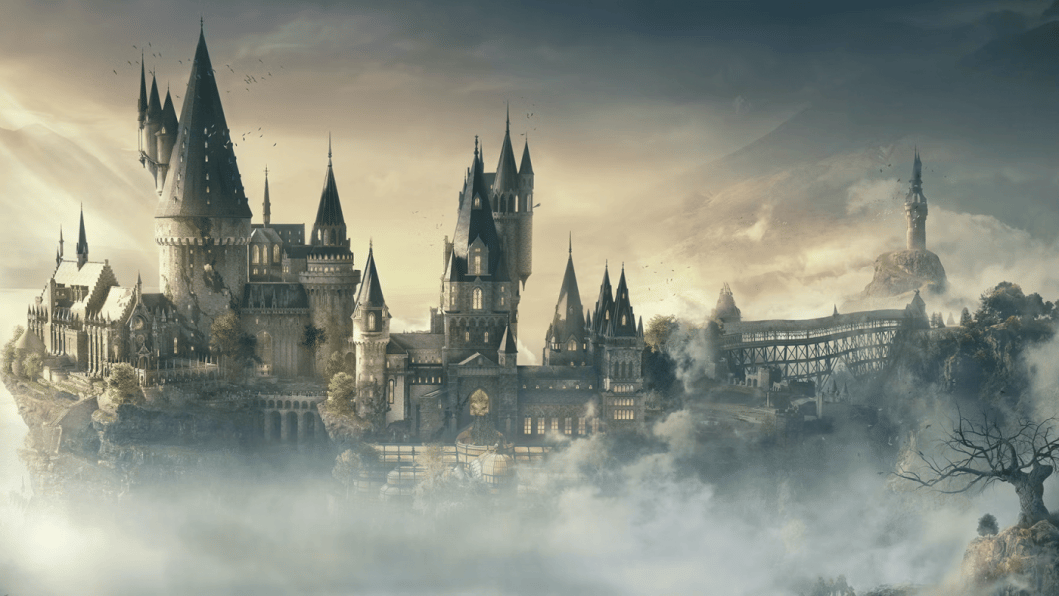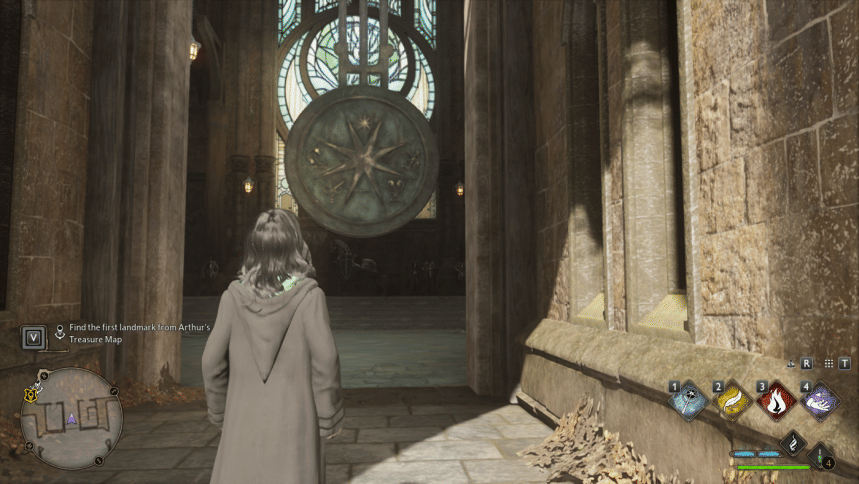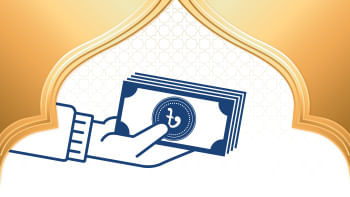Harry Potter and The Chokehold of Capitalism

When Hogwarts Legacy was announced, I had all but shunned the Harry Potter franchise entirely on account of J. K. Rowling's problematic, albeit very publicly displayed, opinions. However, I did end up buying the game when it was released earlier this year. The switch in gears may be brushed off as selective activism, but I believe the controversy behind Hogwarts Legacy deserves closer inspection.
The release of Hogwarts Legacy was possibly one of the most controversial events in the gaming industry in recent years. People belonging to the LGBTQ+ community, as well as allies, raised their opinions about how the game should be boycotted as Rowling has actively gained a reputation for being transphobic. In this instance, separating the art from the artist falls short, as her problematic worldview certainly leaks into the franchise as well, as is displayed by the antisemitic underpinnings of the goblins in the Harry Potter universe, and the racist names given to her characters, like Cho Chang. The main goal of the mass boycotting movement is to cut off an additional stream of revenue from Rowling's income, thus mitigating her efforts to pass anti-trans legislation in the UK.

However, the boycott movement has taken a massive turn on Twitter, as people have started harassing video game streamers and reviewers for simply playing the game. They may not share the same ideology as Rowling, but are being met with a slew of verbal assault and allegations of being transphobic. Consequently, this may have the opposite effect of what the boycotters intended, as people may end up shunning the struggles of the marginalised communities amidst the harassment.
The other side of the discourse addresses issues with the boycott movement and cancel-culture as a whole.
While boycotting the game on a personal level is valid, people have also raised the argument that the developers who worked for the game may not have the luxury to simply tap out of production because of Rowling's beliefs. Employees under Portkey Games have even publicly stood in solidarity with the LGBTQ+ community and said that they do not share Rowling's opinions. Therefore, it can be argued that boycotting the game would mean the fruits of the developers' labour will be virtually for nothing. Furthermore, unwarranted attacks on the developers, streamers, and reviewers for simply doing their jobs does more harm than good.
That being said, there is, of course a problematic side to this argument as well.
People have been buying several copies of the game themselves just to anger the members of the marginalised community who have been in favour of the boycott movement. Additionally, individuals have also been supporting Rowling's opinions and furthering the oppression of such communities.
Amidst all the controversy lies a grey area of people who just want to play the game, which includes myself. After purchasing Hogwarts Legacy, I stepped into it with a moral quandary every time.
Nevertheless, for the sake of honesty, I've had a great time playing it so far.
The environment and ambience of the wizarding world has been masterfully created, leading to an immersive experience that evokes a childlike wonder in me every time. Another plus point for the game is its attempts at inclusivity. The playable character is referred to using they/them pronouns, there is an openly trans character in the game's universe, and the racially diverse cast of characters are not ignorantly named. Hogwarts Legacy is probably the closest fans of the franchise will get to enjoying the Harry Potter universe without Rowling's worldviews tainting it.
But then again, the real world doesn't cease to exist the second I, a person who is not a part of the community under attack, shut down the game. No matter what, Hogwarts Legacy is still the intellectual property of someone who is actively against marginalised communities.

So, where does that leave the argument?
After viewing both sides and their respective extremes, it all somehow boils down to the same core – there is no ethical consumption under capitalism.
People can choose to continue boycotting while educating individuals who want to play the game. Alternatively, people can choose to engage in discourse as to why Hogwarts Legacy players are not transphobic by default. Some people can also choose to harass players of the game, and others can harass members of the boycott movement. But the fact remains that all this benefits Rowling through marketing and engagement, and unfortunately, does not affect the revenue streams of one of the richest persons on the planet. Anything and everything somehow still benefit the rich, no matter our attempts at thwarting it.
However, just because ethical consumption under capitalism may be a unicorn, does not mean we should let go of our own code of ethics. The controversy surrounding Hogwarts Legacy has been an exercise in choosing which fights are more worthwhile to pick without losing sight of the fact that the whole world may not be familiar with the situation. While some may choose to play the game as a form of escapism through nostalgia, it does not mean that all morals should go out the window. There is still room to educate and make informed choices of our own volition.
Fatima Jahan Ena is a sub-editor at SHOUT, The Daily Star.

 For all latest news, follow The Daily Star's Google News channel.
For all latest news, follow The Daily Star's Google News channel. 




Comments